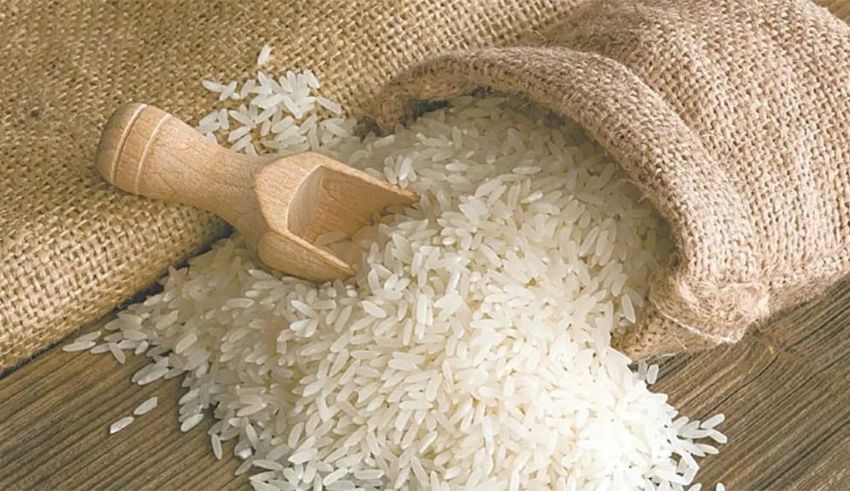

(C) Krishi Jagran
The rice market in Thailand is experiencing upheaval following India’s decision to implement a ban on rice exports. The move has sent shockwaves through the global rice trade and has led to uncertainties and challenges for Thailand’s agricultural sector, highlighting the interconnectedness of the global commodities market.
India, a significant player in the global rice market, recently announced a ban on rice exports as part of its domestic policy measures. This decision has had a cascading effect on countries that rely on India as a major rice supplier, triggering fluctuations in prices and supply chain disruptions.
Thailand, a prominent rice exporter, has been particularly impacted by India’s export ban. The sudden reduction in supply from India has led to increased demand for Thai rice, causing market uncertainties and affecting pricing dynamics.
The situation underscores the vulnerability of the global commodities market to policy changes in key producing countries. The interconnected nature of international trade means that actions taken by one country can have far-reaching implications for other nations that depend on these commodities.
Thailand’s agricultural sector is now navigating the challenges posed by supply and demand imbalances resulting from India’s export ban. Farmers, exporters, and stakeholders in the rice industry are closely monitoring the situation and assessing potential strategies to mitigate the impact of these disruptions.
The incident also highlights the importance of diversifying sources of supply and exploring strategies to enhance food security. Countries that rely heavily on imports of key commodities are recognizing the need to strengthen domestic production capabilities to reduce vulnerabilities to external shocks.
As the situation unfolds, Thailand’s response to the disruptions in the rice market will be closely watched by the international community. The incident serves as a reminder of the complexities of the global commodities trade and the need for resilience and adaptability in the face of unforeseen challenges.
The chaos in the Thai rice market following India’s implementation of a rice export ban underscores the interconnected nature of the global commodities trade. The incident highlights the vulnerability of countries that rely on specific sources for key commodities and underscores the importance of diversification and adaptability in navigating disruptions.
As Thailand and other nations impacted by the situation seek to address the challenges, the incident serves as a reminder of the dynamic and often unpredictable nature of the global commodities market.
Through software update Nothing OS 3.1 the company improves functionality of Phone (3a) and Phone (3a) Pro models. Global service…
China's electric vehicle (EV) giant BYD has officially taken over the global EV market, with a whopping revenue of 777…
The Japanese women’s curling team has a tough road to qualification for the 2026 Milan-Cortina Winter Olympics. Having silver and…
Rajasthan Royals vs Kolkata Knight Riders will be playing matchesin the Indian Premier League 2025 match at Barsapara Stadium, Guwahati…
Vietnam becomes the rising star for that tourism scene in the annals of Southeast Asia; it surpasses its regional competitors…
The Chinese Coast Guard ships extended their stays near the Senkaku Island region which led Japan to lodge formal diplomatic…
This website uses cookies.
Read More